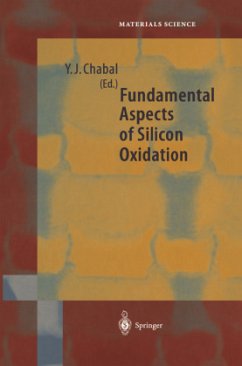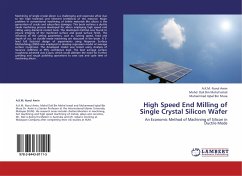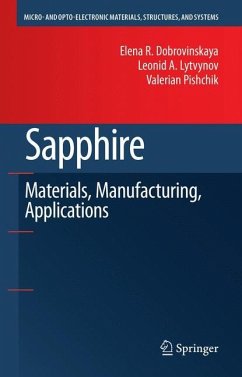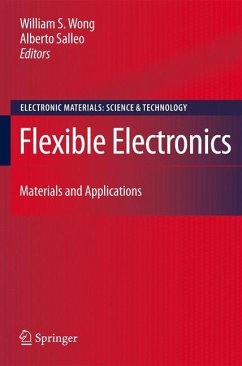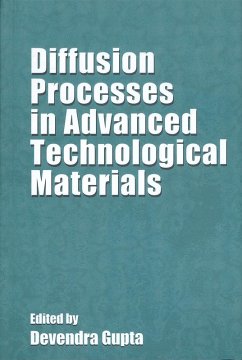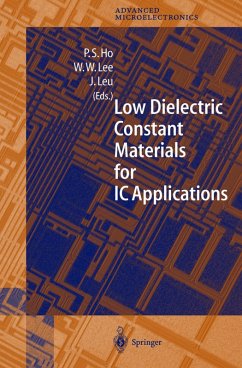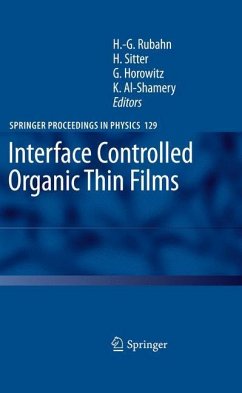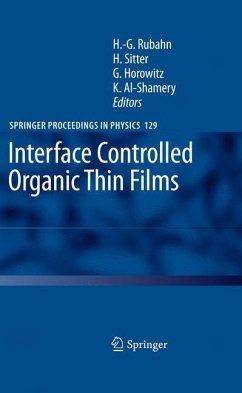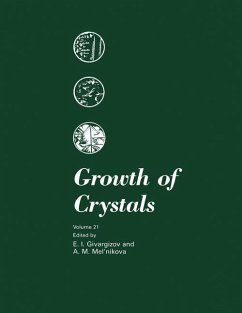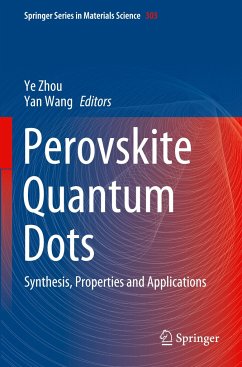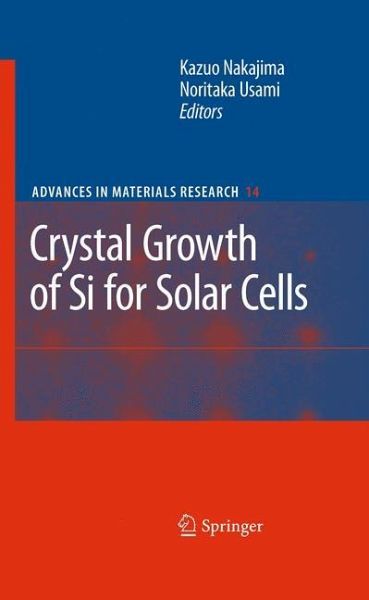
Crystal Growth of Silicon for Solar Cells
Versandkostenfrei!
Versandfertig in 6-10 Tagen
113,99 €
inkl. MwSt.

PAYBACK Punkte
57 °P sammeln!
This book, a continuation of the series "Advances in Materials Research," is intended to provide the general basis of the science and technology of crystal growth of silicon for solar cells. In the face of the destruction of the global environment,the degradationofworld-widenaturalresourcesandtheexha- tion of energy sources in the twenty-?rst century, we all have a sincere desire for a better/safer world in the future. In these days, we strongly believe that it is important for us to rapidly developanewenvironment-friendlycleanenergyconversionsystemusingsolar energyastheultimatenaturalenergyso...
This book, a continuation of the series "Advances in Materials Research," is intended to provide the general basis of the science and technology of crystal growth of silicon for solar cells. In the face of the destruction of the global environment,the degradationofworld-widenaturalresourcesandtheexha- tion of energy sources in the twenty-?rst century, we all have a sincere desire for a better/safer world in the future. In these days, we strongly believe that it is important for us to rapidly developanewenvironment-friendlycleanenergyconversionsystemusingsolar energyastheultimatenaturalenergysource. Forinstance,mostofournatural resources and energy sources will be exhausted within the next 100 years. Speci?cally, the consumption of oil, natural gas, and uranium is a serious problem. Solar energy is the only ultimate natural energy source. Although 30% of total solar energy is re?ected at the earth's surface, 70% of total solar energy can be available for us to utilize. The available solar energy amounts to severalthousand times larger than the world's energy consumption in 2000 of about 9,000 Mtoe (M ton oil equivalent). To manage 10% of the world's energy consumption at 2050 by solar energy, we must manufacture 40 GW solar cells per year continuously for 40 years. The required silicon feedstock is about 400,000 ton per year. We believe that this is an attainable target, since it can be realized by increasing the world production of silicon feedstock by 12times asmuchasthe presentproductionat2005.





